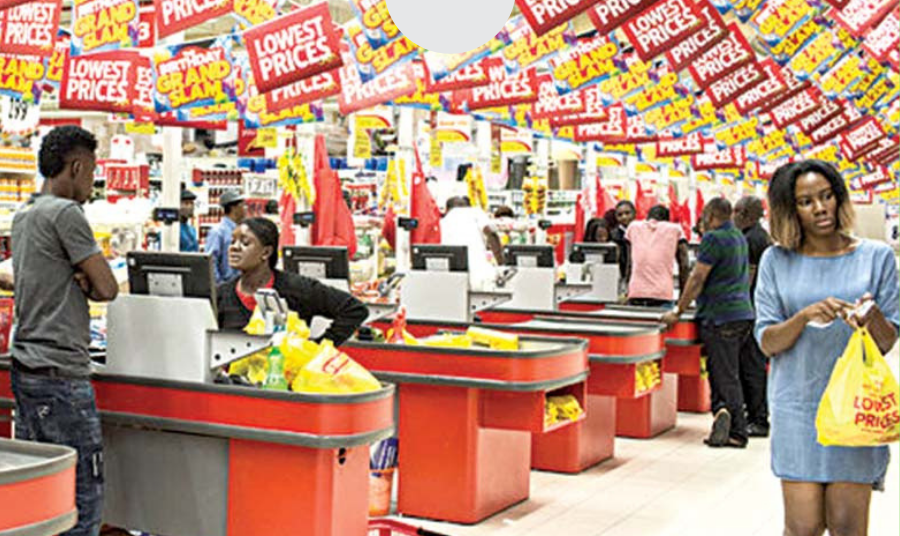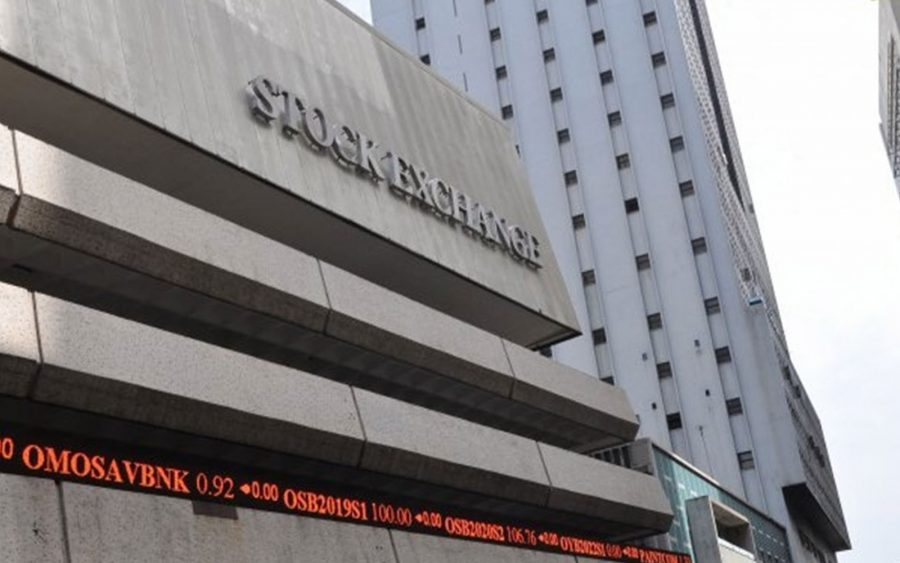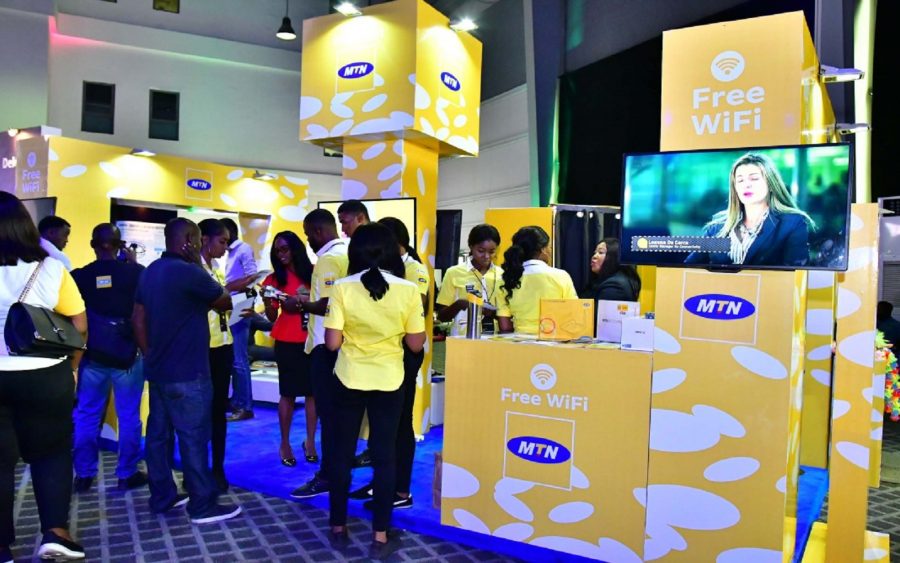Punch Newspaper reports that the Bank of Industry may not recover ‘over half of the N100bn Cotton Textile and Garment Intervention Fund’ established by the Federal Government in 2009 to aid the revival of the textile industry.
The article sights a BoI report it obtained on Friday which states that ‘as of August 2014, 70 companies had accessed N52.515bn from the fund. But so far, none of the borrowers has been able to fully repay the loans.’ The article also confirms that most of the loan beneficiary companies were currently under receivership as they could not service the debts.
They interviewed the Director-General, Nigerian Textile Manufacturers Association and Nigerian Textile Garments and Tailoring Employers Association, Mr. Jaiyeola Olanrewaju and these were the reasons why he said the loans went bad.
Chinese Imports
According to him, indigenous textile manufacturers are dealing with a number of problems, chief among them being the influx of smuggled and imported fabrics into the country. He noted that even though there was a ban on the importation of printed fabrics, 80 per cent of the printed fabrics in the country were not made in Nigeria but smuggled in.
“It has really affected the level of production of our members. Most of the textiles are smuggled in from China. Even politicians are producing clothes from China. Their fabrics are cheaper, not in terms of quality but in terms of price.
“They bring them in duty free and it is difficult for us to compete with their prices. If you see a Nigerian fabric being sold for N2,400, you will see a Chinese one that is sold for N1,400.
“The worst thing is that they fake our designs. At the edge of the Chinese fabrics, you will see, ‘Made for Nigeria’, with the logo of a Nigerian company on the fabric. When these poor quality fabrics start running, buyers will naturally assume that they bought poor quality fabrics made by Nigerians. They have bastardised the market and spoiled the names of the companies producing the fabrics.
“Contributing to the high cost of production is the problem of infrastructure. Diesel sells for N150 per litre and factories require 24 hours of electricity to function. The price of black oil and other raw materials have increased by 200 per cent and we cannot pass the cost to our consumers because the market is already saturated with cheap fabrics.”
Export Grants
The BoI noted in its report that in addition to the listed problems, government’s incentive schemes such as the Export Expansion Grant were not being redeemed as anticipated.
“People export, put up claims and don’t get paid. Last February, the Minister of Finance told us that the claim was so huge that the Federal Government may not even have enough money to pay all. Meanwhile, in anticipation of the claims, some of the manufacturers went ahead to sell at a loss of 10 per cent, hoping to get 30 per cent and mop up whatever losses they were making,”
Insecurity In the North
Another major problem confronting the industry is the insecurity in the northern part of the country.
“Fabrics produced from here go out of the country through Maiduguri, which has an international connection with Niger, Chad, Mali and others. But now, with the insecurity problem in that area, people cannot sell’
This article originally appeared in the Punch





![[The Nigerian Economy Daily] FG has approved the closure of five foreign missions and embassies](https://nairametrics.com/wp-content/uploads/2017/05/nigerian-economy-today-1.jpg?resize=350,250)










